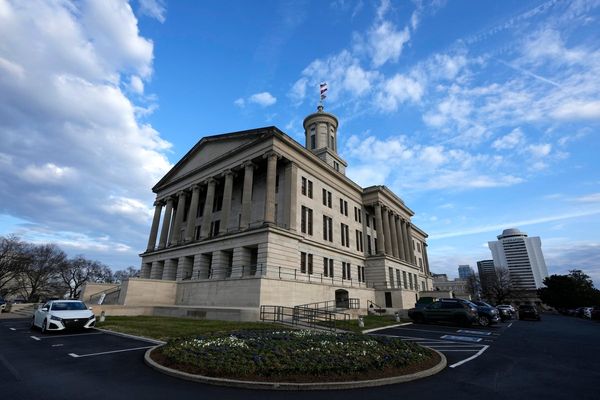On 29 May 2024 South Africans went to the polls and delivered a strong message to their political leaders: we’re tired of the “same old same old”.
They slashed the governing African National Congress’s share of the vote to just over 40%. And put their crosses next to a host of some old – and some new – opposition parties.
The general election outcome triggered weeks of high-wire negotiations as parties jockeyed to be part of a coalition government to run the country’s 7th administration. Now that the deals have been done, and the cabinet portfolios allocated, the country’s 400 parliamentarians are finally going to get down to business.
On 18 July President Cyril Ramaphosa will deliver his opening address to the new parliament.
The Conversation Africa has published a number of articles that provide insights into what lies ahead. Will the government of national unity – made up of 11 parties – work? What it will take to keep it on track? And what should the focus be in some of the key ministries?
Making it work
The new cabinet is the largest and most ideologically diverse the country has ever had.
Can it work? Vinothan Naidoo thinks it can because, for the most part, Ramaphosa chose cabinet colleagues for solid, pragmatic reasons rather than on the basis of easy trade-offs.
Planning
In one respect the new administration will be working with one hand tied behind its back. That’s because it will be missing good, solid data on which to base its decisions.
Census data is at the core of the functioning of the government. It informs decisions on planning and funding public services such as education and health. Demographers Tom Moultrie and Rob Dorrington did a deep dive into South Africa’s latest census (2022) and found several anomalies. Based on their findings they call into question its fitness as a planning aid for policymakers.
Health
South Africa’s expenditure on health is high relative to some of its peers. More than half comes from the public purse. But the public health system is dysfunctional. Drawing from what they’ve identified as “pockets of excellence” in the system, experts appointed by the Academy of Science of South Africa outline eight things that could be done to improve the system’s workings.
Read more: South Africa's healthcare system: eight steps that would get it on the right track
Agriculture
Agriculture is a sector that can uplift the economic conditions of rural South Africa and provide much-needed jobs, writes Wandile Sihlobo. But to get the maximum benefit out of the sector, the new leaders running this important portfolio, headed by the leader of the opposition John Steenhuisen as minister of agriculture, need to build on the solid work that’s been done already, particularly in the design of the 2022 master plan.
This article was originally published on The Conversation. Read the original article.







